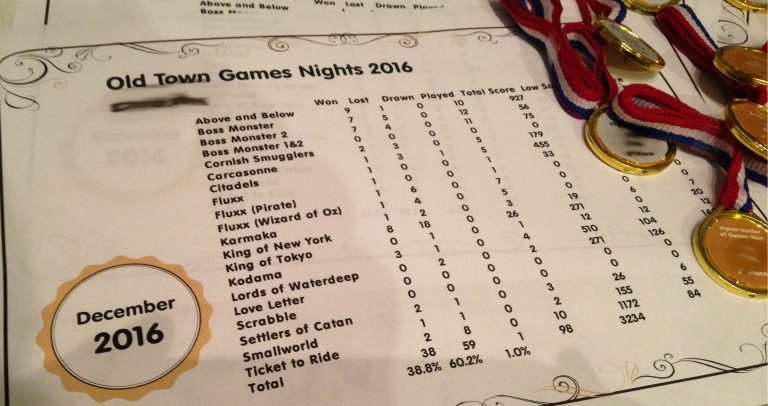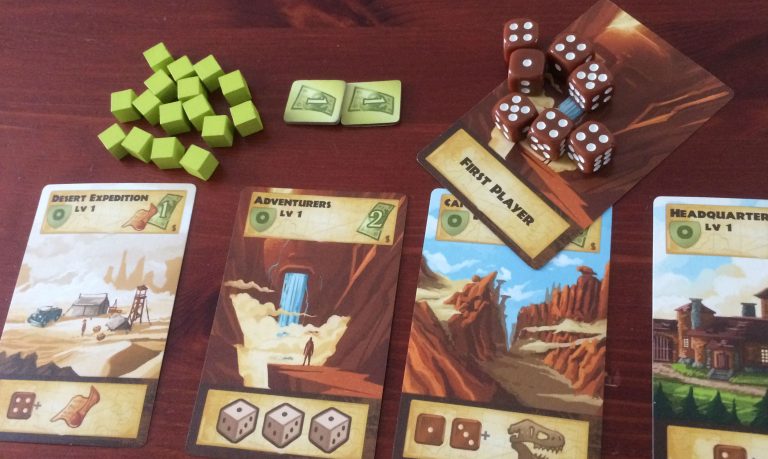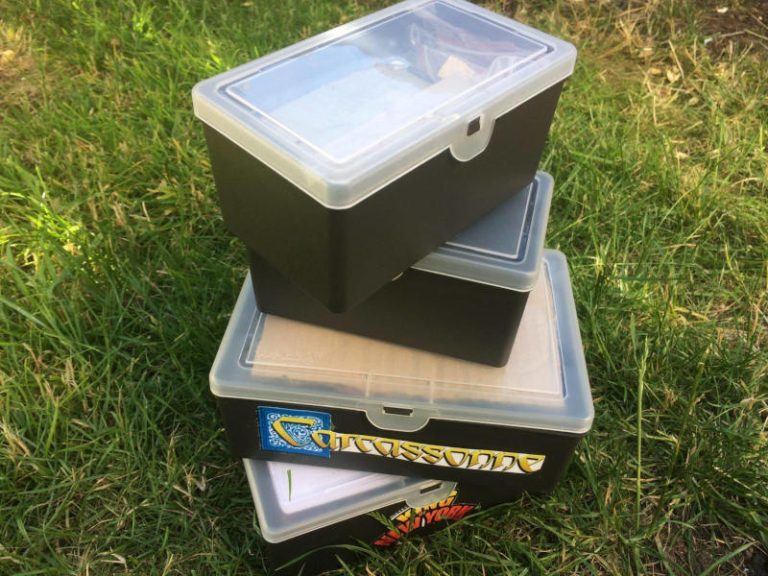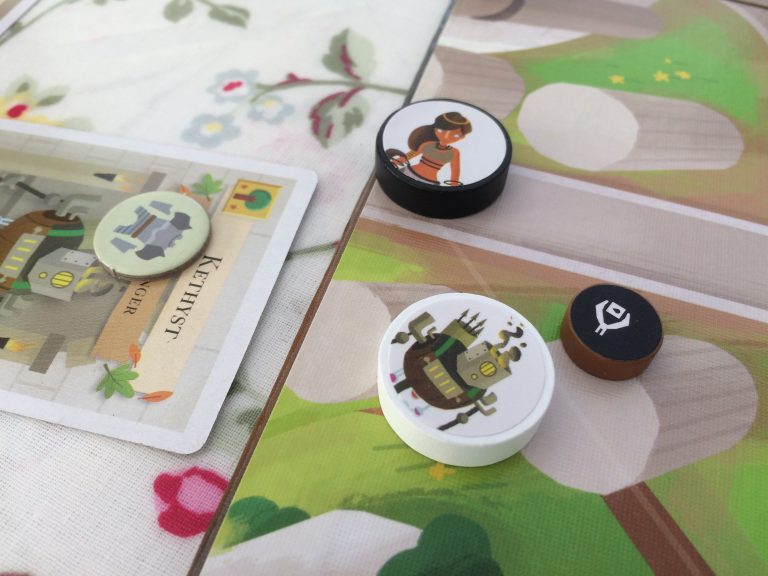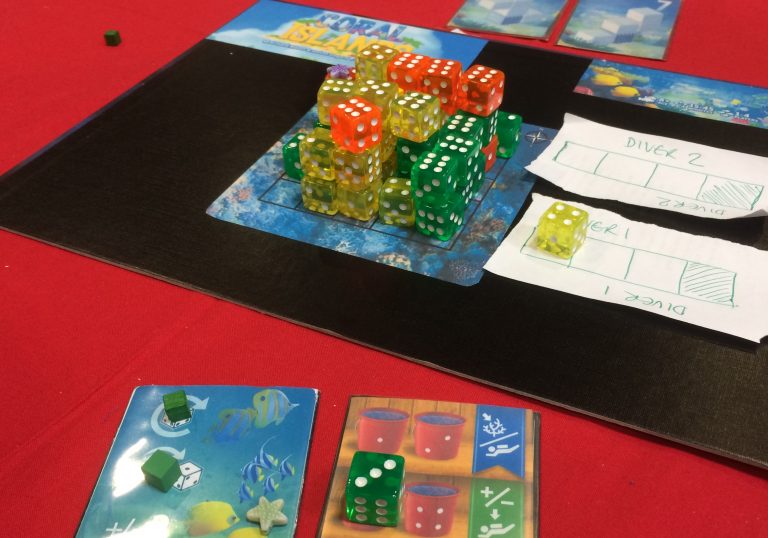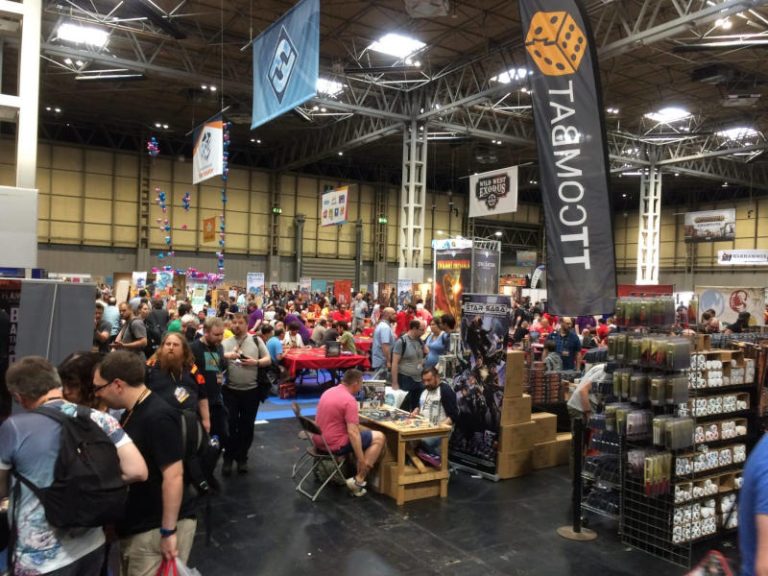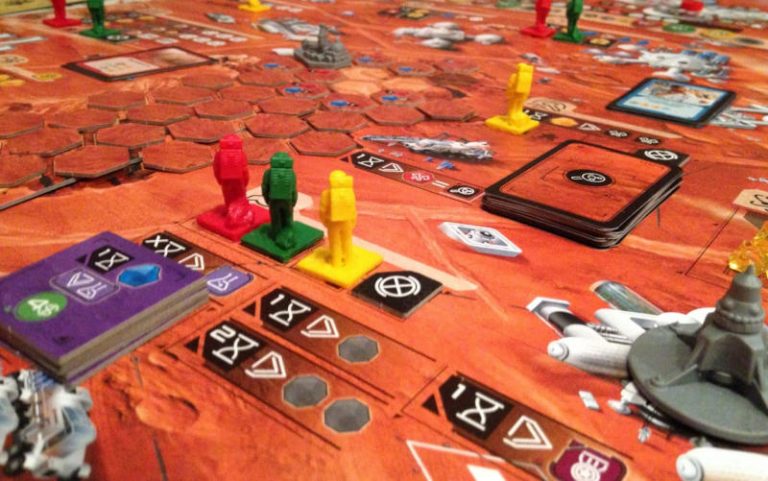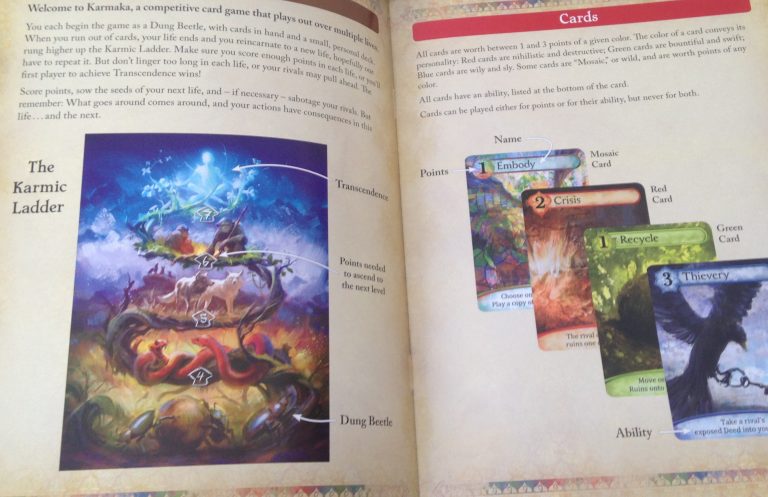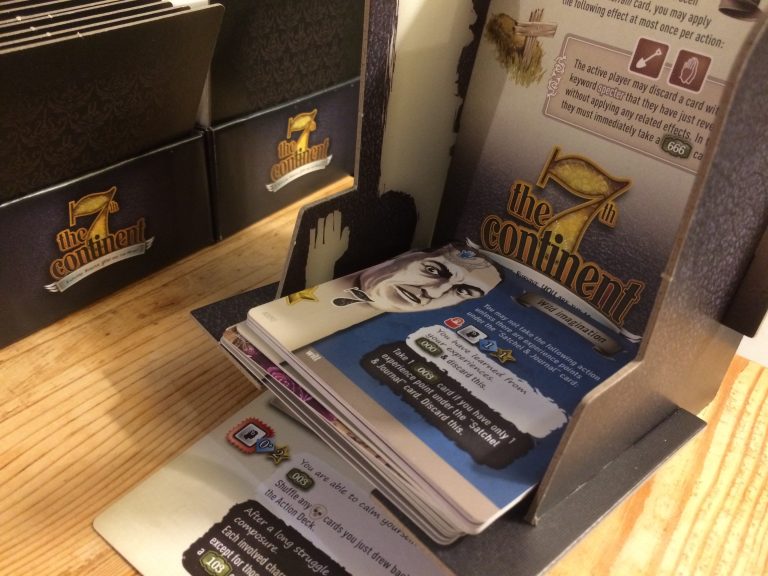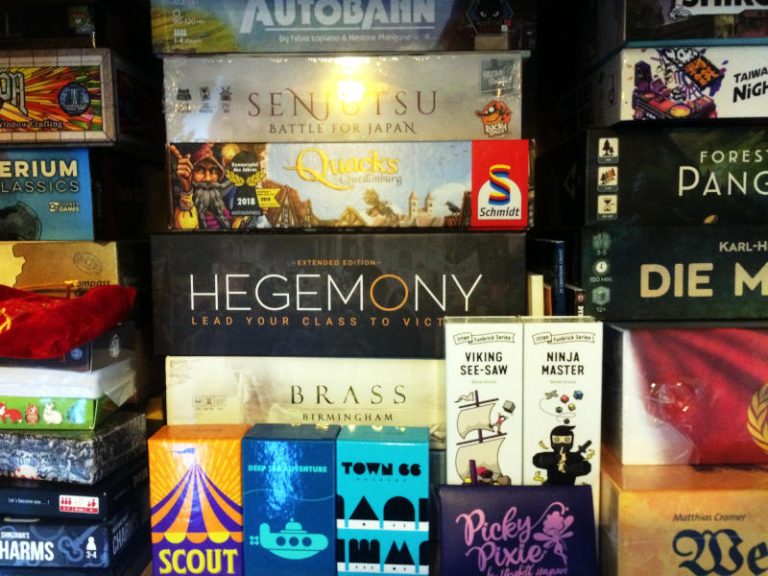Charts and tables
If you play in a regular games group, you probably play certain games several times - you may even have one game that is your group's go-to game. If so, you may have started to record game end totals, so that players can try to beat their own score, or even aim for the group's high score. You may even start to record more details, such as the factions played, number of rounds or game time. Maybe you also have an end of year awards ceremony, where people in your group with the highest score in each game, or with the most games won overall, get a small prize - or everyone gets a printout of their scores.


